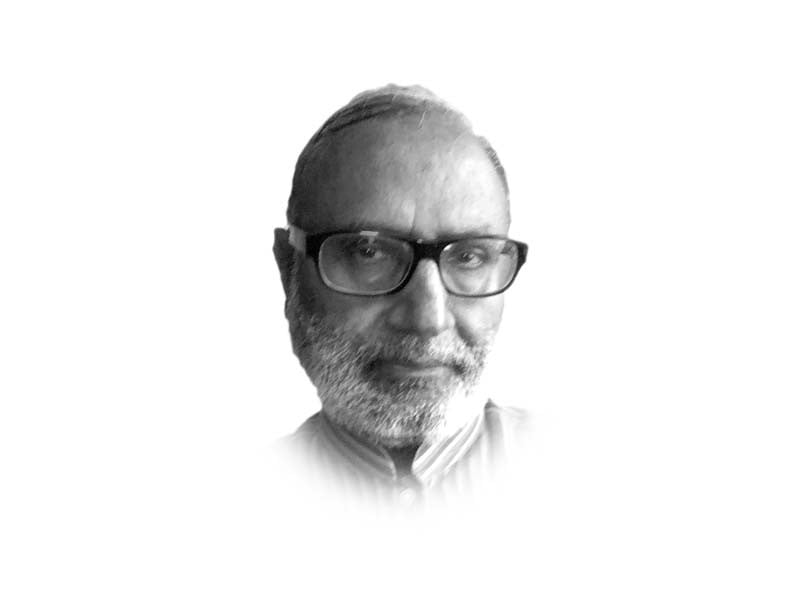
Since the democratic revival in 2008, parliaments have completed the five-year tenure, but not the prime ministers. Is there going to be a repeat? Yousuf Raza Gillani and Nawaz Sharif were shown the door by the courts. Now Prime Minister Imran Khan faces a no-trust motion. If one goes by Bilawal’s speech at the D-Chowk the other night, the opposition’s no-confidence move against the government is driven by the deteriorating state of the economy. Its most direct impact is on the employment situation. There is, however, no data to look at job losses in the short run. The next best alternative is the rate of inflation that gives an idea of the suffering imposed on lives and livelihoods. So Bilawal mostly talked about prices. So did Imran Khan, in his public announcements of reduced energy prices, subsidised rations and enhanced Ehsaas dole. In other words, both sides see inflation as the enemy of the people, with the opposition rallying the support of the public and its representatives against the failure of the government to control it and the government protecting its base by taking unconventional measures to alleviate the suffering. Where will the money come from? The State Bank thinks it is deficit-neutral, but for how long?
Despite the recurrence of high fiscal deficits, demand has not pulled inflation. Core inflation reflecting nonfood, nonenergy prices has been consistently less than the overall rate of inflation. Throughout the PTI rule, inflation has been led by food and energy. It is understandable that the government cannot do much about the energy price movements in the world market, nor does it control the prices of edible oil and tea that have to be imported. What is, however, not understandable is that half of the increase in inflation between January and February was contributed by tomatoes. This is just one example of bad governance. The supply of energy is replete with stories of gross mismanagement. Similarly, the supply of food items and its production policies left a lot to be desired.
In the arena of our politics, the failure to deal with the rising inflation is the single-most important indicator of economic mismanagement. Small wonder that the opposition’s move is anchored in the lack of confidence in the economy. The interesting question here is: does the opposition have an alternative? It is keeping its cards close to its chest. But the cards seem to relate exclusively to the number of votes required for the success of the no-confidence motion. What happens after is not a priority at the moment. On inflation, the past record of the main parties is nothing to write home about. There is consensus on getting rid of Imran Khan, perhaps also on holding fresh elections allowing each party to go its own way. For far too long the economy has lived with unresolved structural issues. The practice of leaving the much-needed reform to the IMF programmes has to stop. These reforms need a consensus across the political spectrum to put a final end to the stop-go policies. The hope that an economic consensus would follow the Charter of Democracy did not materialise. As a matter of fact, the spirit of the Charter of Democracy was also lost after the passage of the 18th Amendment to the Constitution and the 7th NFC Award. The PTI’s rise to power was the outcome of the failure of the main parties to agree on a minimum agenda of reform. The PTI made the right noises, but lacked the capacity to deliver. Does the opposition have it?
Published in The Express Tribune, March 11th, 2022.
Like Opinion & Editorial on Facebook, follow @ETOpEd on Twitter to receive all updates on all our daily pieces.








1729685382-0/Untitled-design-(57)1729685382-0-270x192.webp)




COMMENTS (1)
Comments are moderated and generally will be posted if they are on-topic and not abusive.
For more information, please see our Comments FAQ